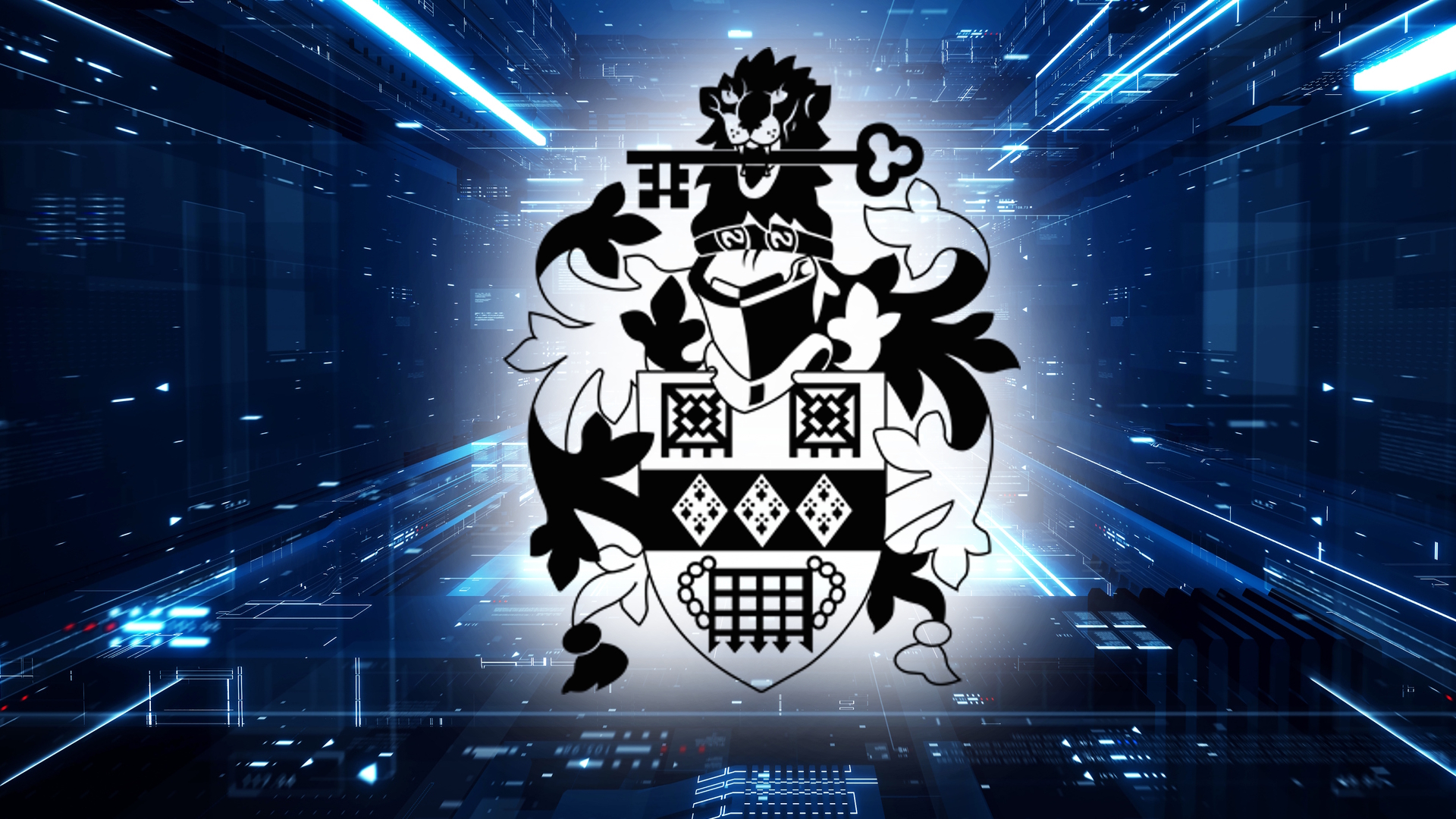AI will be a 'transformative force for good' says expert-signed open letter that's more like a memo
"AI is not an existential threat to humanity."

More than 1,300 signatories have so far made clear their opinion that AI is a "force for good, not a threat to humanity" by signing an open letter (via BBC) entitled "AI open letter to UK Government and Industry." Its main intention is to counter the current culture of AI doomsaying, but there's another motive for British reputation in particular.
Organised by the British Chartered Institute for IT (BCS), the letter not only hopes to improve the reception of the ever pervasive technology and "unite the professional community of technologists behind shared standards of technical and ethical practice in AI", it also seeks to push the mark of "Coded in Britain" so it might one day be recognised as a "global byword for high-quality, ethical, inclusive AI."
"AI is not an existential threat to humanity; it will be a transformative force for good if we get critical decisions about its development and use right", the letter says.
"The UK can help lead the way in setting professional and technical standards in AI roles, supported by a robust code of conduct, international collaboration and fully resourced regulation."
And that's pretty much it. The open letter is surprisingly, almost ridiculously short and isn't actually offering anything concrete to support its claims over the beneficence of artificial intelligence. Honestly, it's more like a memo.
Movements are rife where AI is concerned, with both sides of the argument remaining heated. Letters like this have been cropping up all over, such as one that called for a halt on AI development, and was signed by none other than Elon Musk only for his own AI shaped machinations to appear not long after.
There's so much controversy it's a slog to wade through it all, but at least that means there are some serious discussions happening around AI and ethics, as well as ethics in general.
Keep up to date with the most important stories and the best deals, as picked by the PC Gamer team.

Windows 11 review: What we think of the latest OS.
How to install Windows 11: Our guide to a secure install.
Windows 11 TPM requirement: Strict OS security.
Signatures currently backing the open letter include that of James H. Davenport, a Global AI Ethics and Regulatory Leader at EY Global Public Policy; along with one Luciano Floridi, Professor of Philosophy and Ethics of Information at University of Oxford. A big focus for Floridi has been the ethics of AI, and having co-written a paper in 2018 entitled "How AI can be a force for good" it's no wonder his signature made its way onto the letter.
It's important to remember there can be a positive side to the advancement of AI. That's something I've spoken about recently, noting that not all AI voice cloning is bad, for example.
Personally, I believe it's the hands that code and create artificially intelligent programs that should be accountable for the horrors that come of it. At least with a letter like this, with big-name AI eggheads' signatures circulating, it might be easier for policy makers to concentrate on AI regulation to cover such things, as opposed to simply reacting with outright revulsion.

Screw sports, Katie would rather watch Intel, AMD and Nvidia go at it. Having been obsessed with computers and graphics for three long decades, she took Game Art and Design up to Masters level at uni, and has been rambling about games, tech and science—rather sarcastically—for four years since. She can be found admiring technological advancements, scrambling for scintillating Raspberry Pi projects, preaching cybersecurity awareness, sighing over semiconductors, and gawping at the latest GPU upgrades. Right now she's waiting patiently for her chance to upload her consciousness into the cloud.

